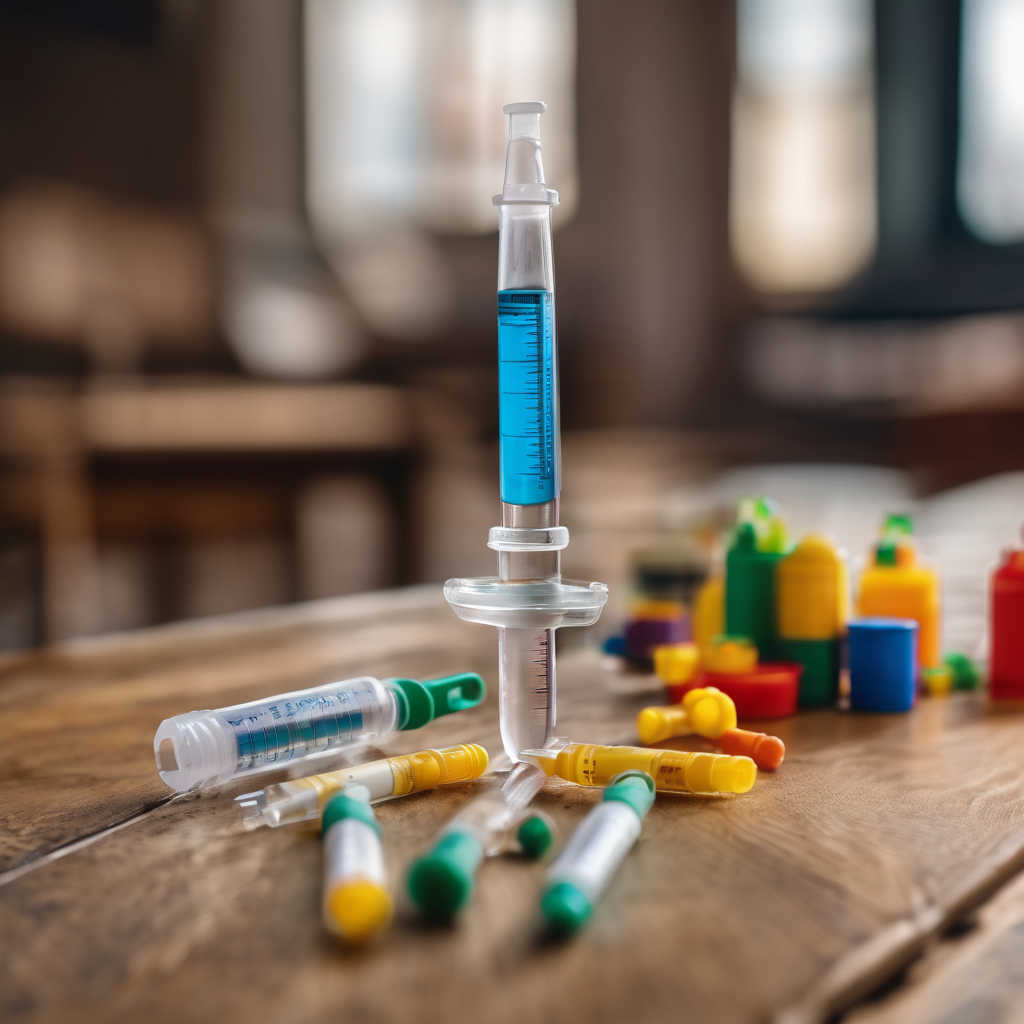Amid ongoing conflict, a significant public health campaign is being launched in Gaza to address the alarming number of children lacking essential vaccinations. Recent estimates indicate that one in five children under the age of three are either zero-dose or have missed critical vaccinations, raising concerns about potential outbreaks of vaccine-preventable diseases.
The initiative, led by UNICEF, the UN Palestine refugee agency (UNRWA), the World Health Organization (WHO), and other partners, aims to inoculate these vulnerable children against diseases including measles, mumps, rubella, and polio, among others. This catch-up campaign is aligned with the efforts of the Gaza Ministry of Health and is viewed as a crucial step in protecting the health of a generation impacted by violence.
UNICEF Special Representative in the State of Palestine, Jonathan Veitch, emphasized the urgent need for this intervention. “After two years of relentless violence that claimed the lives of more than 20,000 children in the Gaza Strip, we finally have an opportunity to protect those who survived,” he stated. He reinforced that vaccinating every child and supporting their health and nutrition is not only essential but also a “moral imperative.”
The campaign will take place in three phases, starting from November 9 to 18, during which over 450 health workers and support staff will facilitate vaccination efforts. An additional 149 medical doctors have been trained to monitor post-immunization health concerns, although such cases are rare.
Dr. Richard Peeperkorn, WHO Representative in the occupied Palestinian territory, described the immunization campaign as a vital lifeline, reigniting hope for children’s health. However, he acknowledged the need for further assistance to rebuild Gaza’s deteriorated health infrastructure, where routine vaccination rates have plummeted to below 70 percent due to conflict-related disruptions.
Before the outbreak of violence, Gaza boasted an impressive 98 percent childhood vaccination coverage with 54 immunization facilities. Unfortunately, conflict has left 31 of these facilities non-operational, emphasizing the urgency of the current campaign.
The subsequent phases of this vaccination initiative are scheduled for December and January, aimed at administering the second and third doses of vaccines. Furthermore, in 2024, a mass vaccination campaign against polio is planned across the Gaza Strip, underscoring the continuous commitment to safeguard the health of children in the region.
In addition to the vaccination campaign, humanitarian efforts are ongoing to meet the urgent needs of the population in Gaza. The UN reports that daily meals provided through community kitchens have significantly increased, serving 1.2 million meals recently. Humanitarian organizations are also distributing food parcels, hygiene kits, and improving access to water supplies amid the challenging conditions.
The UN has successfully moved critical supplies into Gaza, with over 180 truckloads delivering food and essential items. Despite the progress, officials stress that much more is needed, advocating for the removal of obstacles that hinder humanitarian assistance.
This multi-faceted approach highlights an unwavering commitment to improve health outcomes for children and the general population in Gaza, fostering hope during a time of hardship.
